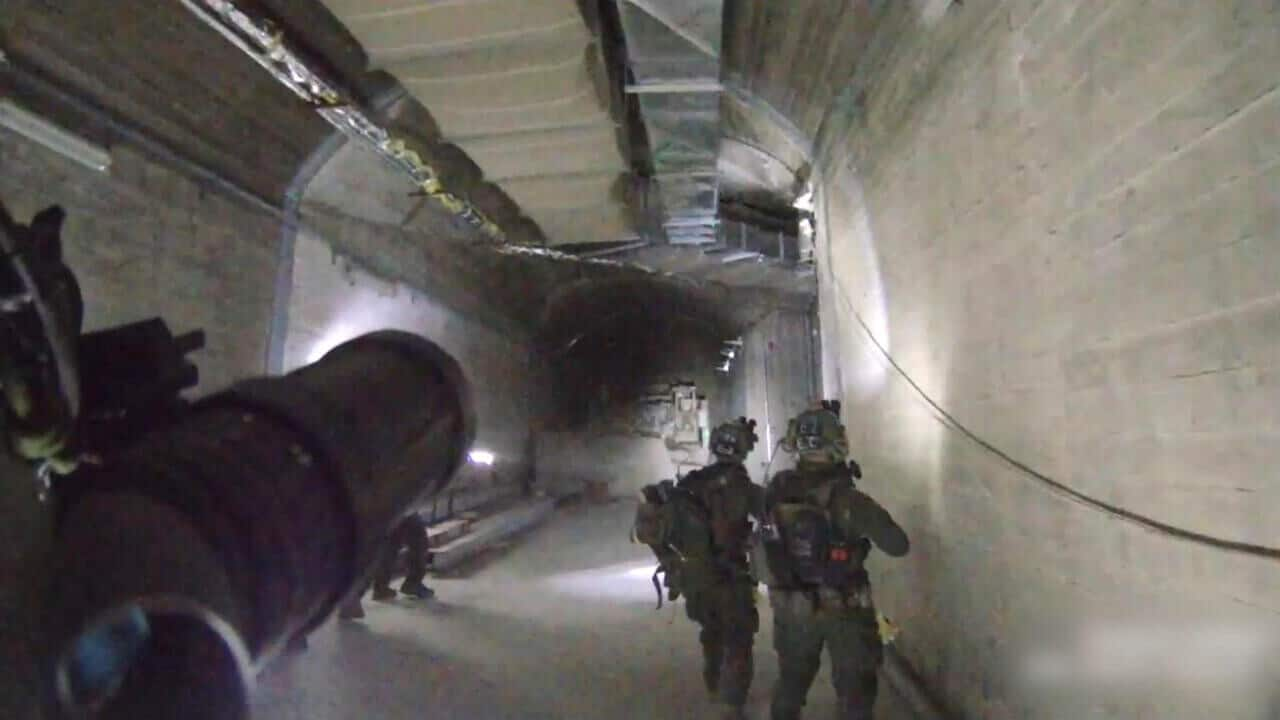
Israel confirms raiding Iran-backed missile factory in Syria; shares footage
What's the story
The Israel Defense Forces (IDF) has confirmed a September 2024 operation targeting an underground missile factory in Syria. The facility, located near Masyaf in western Syria, was reportedly funded by Iran and intended to produce missiles for Hezbollah and other Iranian allies. Over 100 Israeli troops participated in the raid, which involved helicopters, fighter jets, and naval vessels.
Threat assessment
IDF describes targeted factory as significant threat
The IDF described the factory as a major threat as it had the ability to produce precision-guided long-range missiles. Lieutenant Colonel Nadav Shoshani said the site was "the flagship of the Iranian manufacturing efforts" in the region. The facility could produce hundreds of missiles a year, with parts coming from Iran, he added.
Intelligence lead
Operation prompted by intelligence, IDF monitored since 2017
The operation was launched after intelligence suggested that missile manufacturing had started at the site. Since late 2017, the IDF had been monitoring the construction of the facility, which Shoshani said took four years to complete. The raid included dismantling critical machinery and seizing documents related to missile production. The Syrian Observatory for Human Rights claimed 27 people died in the raid, but the Israeli military did not confirm the number.
Twitter Post
Watch the operation here
DECLASSIFIED: In September 2024, before the fall of the Assad Regime, our soldiers conducted an undercover operation to dismantle an Iranian-funded underground precision missile production site in Syria.
— Israel Defense Forces (@IDF) January 2, 2025
Watch exclusive footage from this historic moment. pic.twitter.com/s0bTDNwx77
Casualty report
Syrian Observatory reports 27 casualties from raid
After President Bashar al-Assad's regime fell in December 2024, Israel was criticized for carrying out several airstrikes across Syria. Further, Israel also sent troops into a UN-patrolled buffer zone in the Golan Heights, citing defensive measures. Iran condemned the raid as a "criminal attack." It was targeting what it claimed were former government troops' weapons sites and stockpiles, saying that it did not want them falling into the hands of the rebel forces that had swept to power.